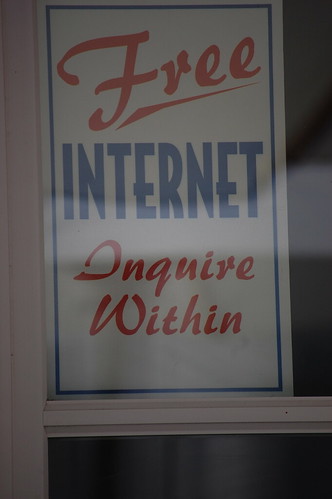Five Step Method of Protecting Yourself From Negative Influences : Fridays
Friday is about protection. Protection, in the traditional sense, is the mental state of actively burning away all of the negative influences you’re aware of in your life. Clear your mind if your schedule permits, and grab your media library. Indulge in a short movie clip, song, or personal saying that emphasizes shielding and protecting against harm. Perhaps it’s a science fiction movie or a medieval setting in which an armored knight repels arrows, or the theme song of a superhero for whom bullets bounce off harmlessly.
On Friday, as the week winds down, square away all your work for the week, tying up as many loose ends as you can. Reply to emails that need a reply, then archive them out of sight. If your messaging systems permit, turn on an out of office notification the moment you’re prepared to leave the office, informing those that would contact you during your weekend that you’re simply unavailable. If you work as an independent contractor, establish the expectation that if a client has needs during off hours, they should be prepared to pay a king’s ransom for your time, until your office reopens on Monday.
Set and enforce boundaries rigorously. If you have an office phone or PDA, power it down entirely once you depart the office. Control which media you choose to allow in your life, which ways that news can arrive, as news is rarely good these days. Choose to replace mundane forms of media (thoughtless television, rambling radio, etc.) with the media that continues to inspire you, that builds inside of you a burning passion for accomplishment and meaning.
Review your past week in your mind as you prepare to end your work week. You’ve focused on a fresh start, correct actions, communications, and thoughts, and expressed a willingness to blockade negativity from your life. Now you’re prepared to head into the weekend, into your private time, fresh and energized, knowing that your private time is truly yours and you’re protected from yourself and others who would influence you to outcomes that are not in your best interests.
Did you enjoy this blog post? If so, please subscribe right now!
Get this and other great articles from the source at www.ChristopherSPenn.com








